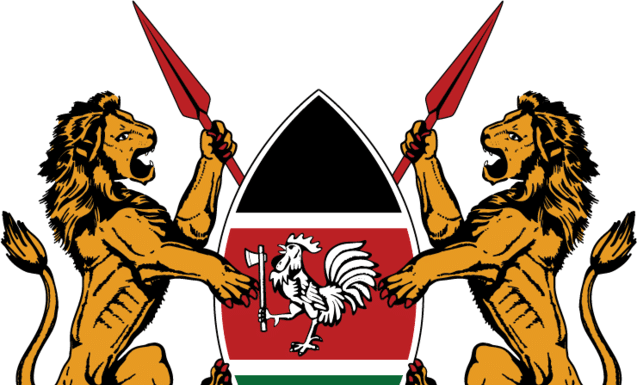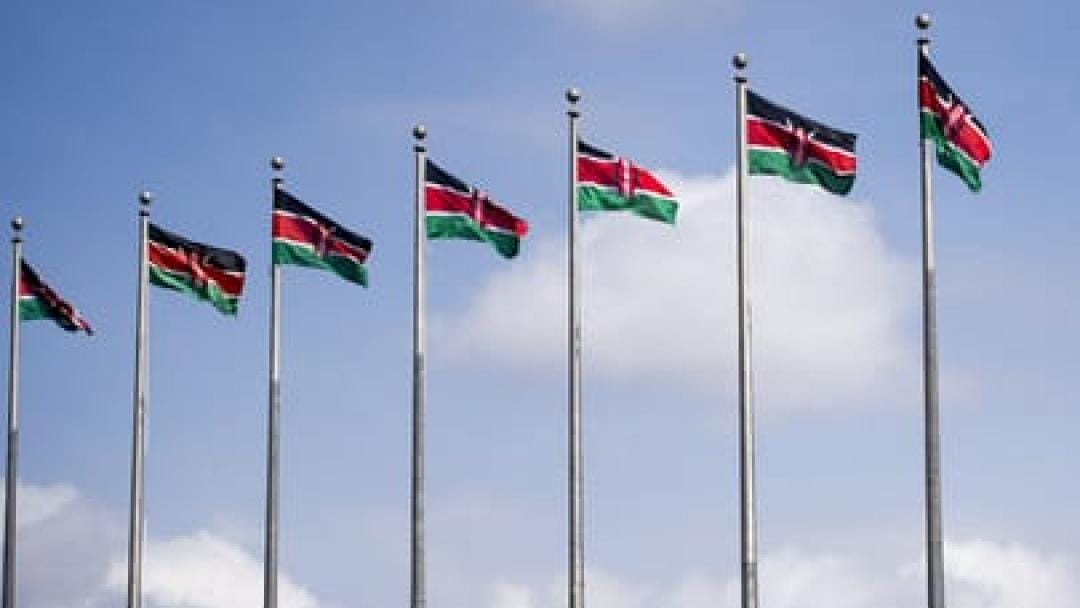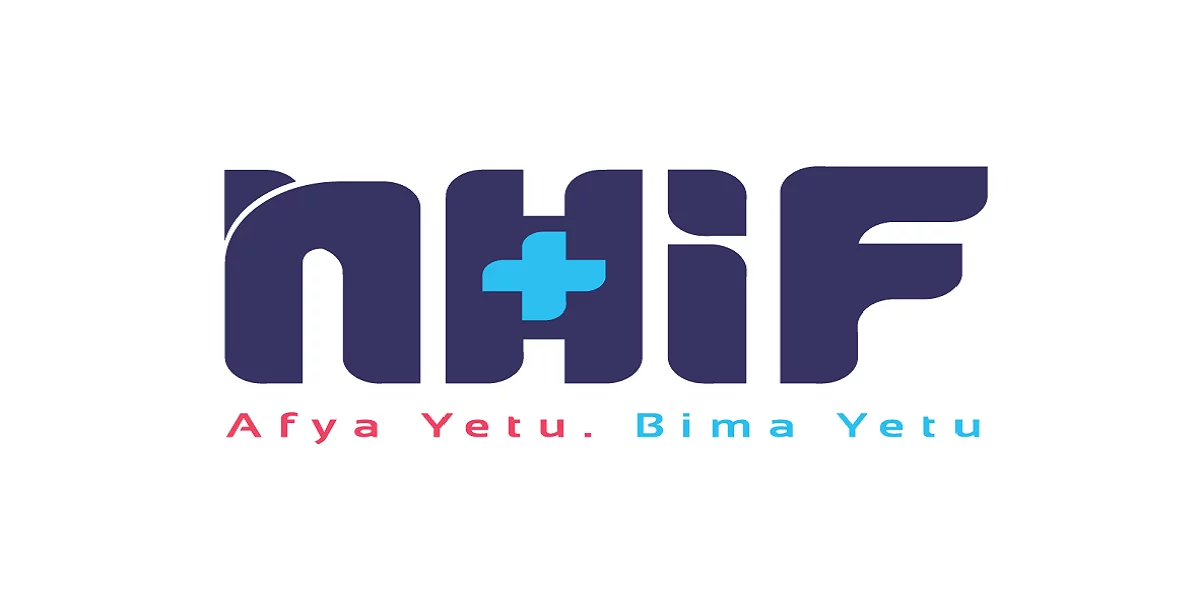Walk with me as we explore the list of Government Agencies in Kenya.
A government agency is an organisation that helps in the administration of specific functions of a government. There is a list of government agencies in Kenya that have been tasked to exercise the legislative powers of the government.
In Kenya, we have over 50 government agencies that are in operation. Some of the agencies include The Kenya Airports Authority, Attorney General of Kenyan Central Bank, Retirement benefits authority, Capital markets authority and many others.
Government agencies are characterised into two categories, for example:
1. Law enforcement agencies
This comprises of agencies that are mandated to maintaining public order and safety, enforcing the law, and preventing, detecting, and investigating criminal activities. They include the Kenya police, administrative police, special branch and the General service unit.
2. Regulatory agencies
Regulatory agencies implement and enforce laws enacted by legislatures. They enforce laws by the regulation-making process. These agencies affect the daily operations of all businesses. They include The Kenya Bureau of Standards (KEBS), insurance regulatory authority and more.
List of government agencies in Kenya
Here is a list of some of the well-known Government agencies in Kenya.
1.Kenya Revenue Authority (KRA)
The authority is charged with the responsibility of collecting revenue on behalf of the Government of Kenya. It is also tasked to assess, collect and account for all revenues per the written laws and the specified provisions of the written laws.
To advise on matters relating to the administration of, and collection of revenue under the written laws or the specified provisions of the written laws.
The Kenya Revenue Authority was established by an Act of Parliament, Chapter 469 of the laws of Kenya effective on 1st July 1995. Its role is to collect revenue on behalf of the government of Kenya.
2. Kenya Airports Authority (KAA)
KAA is the owner and operator of nine civilian airports and airstrips in Kenya. The agency was established by an act of Parliament in 1992, by the ruling Kenya African National Union government.
KAA provides for the powers and functions of the authority. Its head office is on the property of Jomo Kenyatta International Airport in Embakasi.
3. Export Promotion Council
the EPC has a primary objective of addressing bottlenecks facing exporters and producers of export goods and services to increase the performance level of the export sector.
It also provides a forum for dialogue between the exporting fraternity and relevant public and private sector institutions and organisations through Sectoral Panels.
EPC serves as Kenya’s premier institution in the development and promotion of export trade in the country.
In pursuit of its mandate, the EPC primary objective is to address bottlenecks facing exporters and producers of export goods and services to increase the performance level of the export sector.
It also provides a forum for dialogue between the exporting fraternity and relevant public and private sector institutions and organisations through Sectoral Panels.
4. Kenya National Chamber of Commerce Industry (KNCCI)
The Kenya National Chamber of Commerce and Industry (KNCCI), is a NON-PROFIT, autonomous, private sector institution and membership-based organisation.
Its essential functions include to Promote, co-ordinate and protect commercial and industrial interest to its members and Kenya in general.
Promote trade within and outside of Kenya. Establish and organise finance trade and industrial exhibitions, which it displays either on its own or in participation with other persons or organisations.
Foster social unity and promote the welfare of the commercial and industrial community. And also promote, support or oppose legislation and ineffective bureaucratic measures that may be put in place by the government for the interest of the members.
5. Export Processing Zones Authority (EPZA)
The Export Processing Zones Authority (EPZA) is a State Corporation, under the Ministry of Industry, Trade and Cooperatives established in 1990, by the EPZ Act CAP 517, Laws of Kenya.
EPA’s mandate is to promote and facilitate export-oriented investments and to develop an enabling environment for such investments.
Under the EPZ program, the organisation offers a range of attractive fiscal, physical and procedural incentives to ensure low-cost operations, fast set up and smooth operations for export-oriented businesses.
6. The Capital Markets Authority of Kenya
Also, the Capital Markets Authority (CMA), is an independent government financial regulatory agency.
It is responsible for supervising, licensing and monitoring the activities of market intermediaries, including the stock exchange, and the central depository and settlement system and all the other persons licensed under the Capital Markets Act of Kenya.
The CMA plays a critical role in the economy by facilitating mobilisation and allocation of capital resources to finance long term productive investments.
7. The Retirement Benefits Authority (RBA)
is Kenya’s regulatory body under the National Treasury. The agency performs such functions as regulating retirement benefits for retiring employees of the government of Kenya.
The authority is mandated to regulate and supervise the establishment and management of retirement benefits schemes. Protect the interests of members and sponsors of the retirement benefits sector.
It also Promotes the development of the retirement benefits sector. It advises the Cabinet Secretary and the National Treasury on the national policy concerning retirement benefits industry.
8. The Communications Authority of Kenya (CA)
Is the regulatory body for the communications sector in Kenya. Established in 1999 by the Kenya Information and Communications Act, 1998.
The authority is responsible for facilitating the development of the Information and Communications sectors including; broadcasting, multimedia, telecommunications, electronic commerce, postal and courier services.
9. The Insurance Regulatory Authority
The Insurance Regulatory Authority is a statutory government agency. Its role is to regulate, supervise and develop the insurance industry.
This also ensures compliance by insurance/reinsurance companies, protects consumers and promotes a high degree of security for policyholders.
It is also responsible for overseeing operations of the authority and ensuring that they are consistent with provisions of the Insurance Act.
10. The Medical Practitioners and Dentists Board
It is the regulatory body for the practice of medicine and dentistry in Kenya.
The Mandate of the Board is to regulate the training, practice and licensing of medicine & dentistry and healthcare institutions that include private & mission hospitals. As well as medical, dental centres & clinics, nursing and maternity homes and standalone funeral homes.
It also ensures the provision of quality and ethical health care by offering appropriate regulation of training, including registration, licensing, inspections and professional practice.
Role of Government agencies in Kenya
- Government agencies play a crucial role in aiding the transition toward more efficient, less damaging economies, industries and citizens of Kenya.
- Create open, competitive, and rightly framed markets. That would include pricing of goods and services, dismantling subsidies, and taxing waste and pollution.
- Figure out ways that protect public interests and regulates industries.
- Implementing pollution control regulations and ensure that businesses meet the legal requirements.
- Plan, monitor, regulate, modify, improve and communicate the policy to stakeholders, regarding all business, private and public operations in Kenya.
Government agencies in Kenya Conclusion
The main task of these agencies is usually of policy implementation, such as service delivery, regulation, or exercising different kinds of public authority.
They are headed by civil servants appointed by the government or the minister in charge. In Kenya, activities of the agencies also remain with the cabinet.
Additionally, government agencies, for instance, the agency that permits trade regulations, the minimum wage, and the requirements for permits or licenses have effects on business. Businesses might spend a lot of money and time to comply with regulations that ultimately prove to be ineffective and unnecessary.




